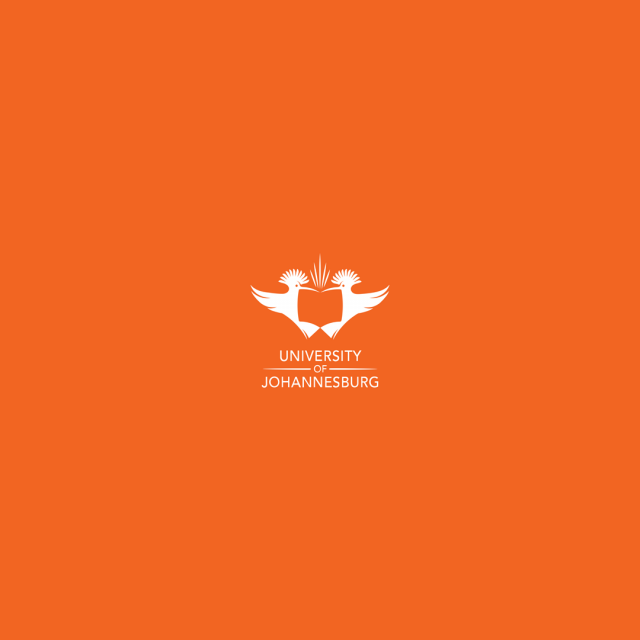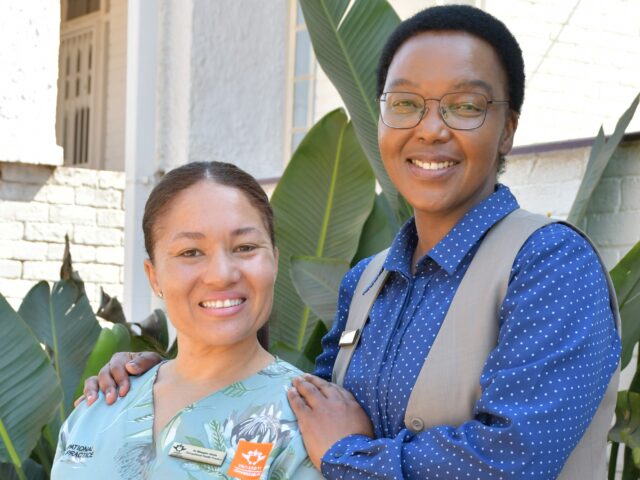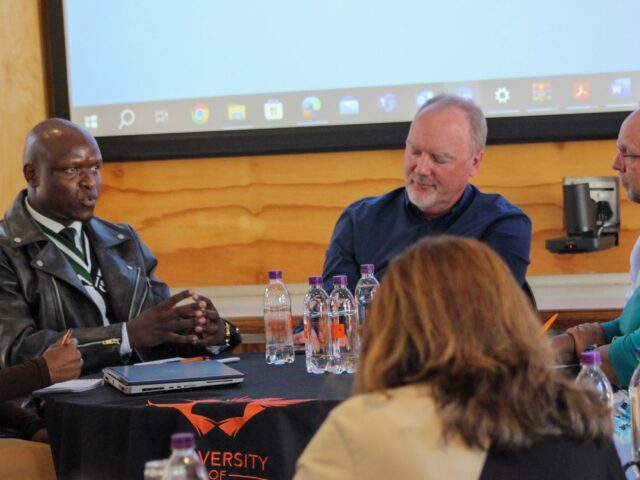DPhil with specialisation in Innovation and Development
Home » University Courses »General
Faculty Website: College of Business and Economics
Department: Department of Economics and Econometrics
Programme Level: Postgraduate
Programme Name: DPhil with specialisation in Innovation and Development
Programme Code: P34IDQ
Medium of Facilitation: part-time, Full-Time
NQF Level: 10
NQF Credits: 360
SAQA: 117902
Application Start Date: 1 April 2025
Application End Date: 31 October 2025
Campus: Auckland Park Kingsway
Contacts: UJ Call Centre 011 559-4555
Email: mylife@uj.ac.za
Duration of Study: 2 Years Full-Time and 5 Years Part-Time
Purpose
The purpose of this qualification is to develop specialised and interdisciplinary competencies for the analysis of how innovation can be harnessed to tackle developmental challenges. The programme is designed to improve applied conceptual, theoretical, and analytical skills, enabling students to blend and synthesise different disciplinary tools. Through the research dissertation, the student will show evidence of independent and original scientific work.
Admission Requirements
The Programme Selection Committee will consider applicants in terms of the possession of a relevant Master’s qualification (NQF Level 9), relevance of prior experience, internal supervision constraints, the outcome of selection interviews, as well as evaluations and defence of draft research proposal. Final registration or continued pre-registration is subject to the applicants complying with preparatory work including pre-reading, literature reviews, concept development and successful completion of additional knowledge development prescriptions. The Dean: College of Business and Economics may refuse an applicant’s admission to the Doctoral qualification if of the opinion that requirements have not been met. Constraints on student number may necessitate a selection process consisting of selection interviews and a research proposal exercise.
Applicants must have obtained an average of 65% in their NQF level 9 qualification in order to apply. Rules of access (Article-based format): The Programme Selection Committee will consider applicants in terms of the possession of a relevant Master’s qualification (NQF Level 9), relevance of prior experience, internal supervision constraints, the outcome of selection interviews, as well as evaluations and defences of draft research proposals. Applicants must have obtained an average of 75% in their NQF level 9 qualification in order to apply for an article-based format. If their average marks are between 70-75% an interview may be required for acceptance into the programme. Final registration or continued pre-registration is subject to the applicants complying with preparatory work including pre-reading, literature reviews, concept development and successful completion of additional knowledge development prescriptions. The Dean: College of Business and Economics may refuse an applicant’s admission to the Doctoral qualification if of the opinion that requirements have not been met. Constraints on student numbers may necessitate a selection process consisting of selection interviews and a research proposal exercise.
Selection Process
TRADITIONAL FORMAT: The Programme Selection Committee will consider applicants in terms of the possession of a relevant Master’s qualification (NQF Level 9), relevance of prior experience, internal supervision constraints, the outcome of selection interviews, as well as evaluations and defence of draft research proposal. Applicants must have obtained an average of 65% in their NQF level 9 qualification in order to apply.
ARTICLE-BASED FORMAT: The Programme Selection Committee will consider applicants in terms of the possession of a relevant Master’s qualification (NQF Level 9), relevance of prior experience, internal supervision constraints, the outcome of selection interviews, as well as evaluations and defences of draft research proposals. Applicants must have obtained an average of 75% in their NQF level 9 qualification in order to apply for an article-based format. If their average marks are between 70-75% an interview may be required for acceptance into the programme.
More Information
https://www.uj.ac.za/admission-aid/postgraduate/
UJ Faculties
| All Faculties
College of Business and Economics (CBE)
Created from the former Faculties of Management, and Economic and Financial Sciences



Faculty of Engineering & the Built Environment
First in South Africa offering a full range of professional engineering qualifications










